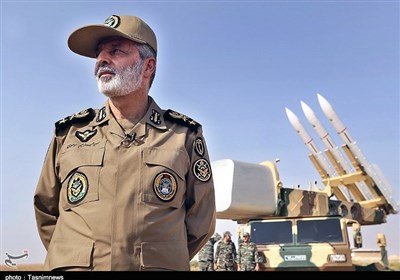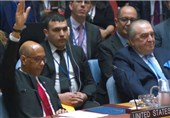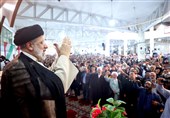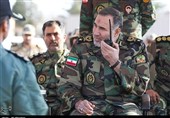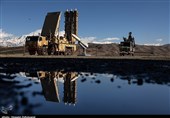West Failing to Deliver JCPOA Pledges: Iran’s Nuclear Chief
TEHRAN (Tasnim) – Head of the Atomic Energy Organization of Iran (AEOI) Ali Akbar Salehi said Tehran has fully complied with its commitments under last year’s nuclear agreement, but eight months after the official removal of sanctions, the west is failing to deliver on its promises.
“As has been stated by the International Atomic Energy Agency (IAEA), Iran has remained committed to its commitments,” Salehi told the British daily The Guardian in an interview published on Friday.
He added, “While the other side – it’s very clear now to public opinion and it’s not a secret – has not really delivered on the promises; that the sanctions would be removed and that banking transactions would go back to normal, that trade would speed up and economic relations would be enhanced. These have not been materialized to the extent that we expected.”
The Iranian nuclear chief further stressed that the deal, also known as the Joint Comprehensive Plan of Action (JCPOA), can “set up a new political and diplomatic paradigm in resolving major international crises, so it’s incumbent upon both sides to do their best, to keep the integrity of this deal and not let it break down.”
Noting that the nuclear agreement is in the interest of both the Islamic Republic and the West and it would be a pity if it is derailed, Salehi warned against attempts aimed at rewriting the nuclear deal and imposing excessive demands.
“We see, on and off, that there are some demands from the other side, that those demands go to some extent beyond the JCPOA. At the same time, we see that the other side has not fully delivered its promises, like the issue of big banking doing business with Iran ... If there is a demand of overcompliance then things would get more complicated.”
The West is failing to keep its promises, notably regarding normalizing banking transactions, boosting trade and reinforcing economic ties, Salehi went on to say.
In January 2016, Iran and six leading powers — the US, Britain, France, Russia, China and Germany — started the implementation of the JCPOA reached in July 2015 when Tehran agreed to scale down its nuclear activities in return for lifting of some sanctions.
But nearly eight months into the implementation of the deal, US policy is denying the promised commitments to ease financial restrictions against Iran, as risk-averse western banks say they are wary of working with Iranian institutions and individuals due to concerns over running afoul of US sanctions.
Banks are particularly worried about US primary sanctions, which remain in place under JCPOA, as the deal only lifted nuclear-related measures, leaving in place a host of mainly US sanctions related to non-nuclear issues.
The US Treasury Department, which is responsible for enforcing sanctions, has so far ignored request by Banks and other companies for a written clarification giving them assurances that they won't be punished for legitimate business with Iran.
Back in March, Leader of the Islamic Revolution Ayatollah Seyed Ali Khamenei said Americans have yet to fulfill what they were supposed to do as per the nuclear deal.
Iran still has problems in its banking transactions or in restoring its frozen assets, because Western countries and those involved in such processes are afraid of Americans, the Leader said at the time, criticizing the US for its moves to prevent Iran from taking advantage of the sanctions removal.

